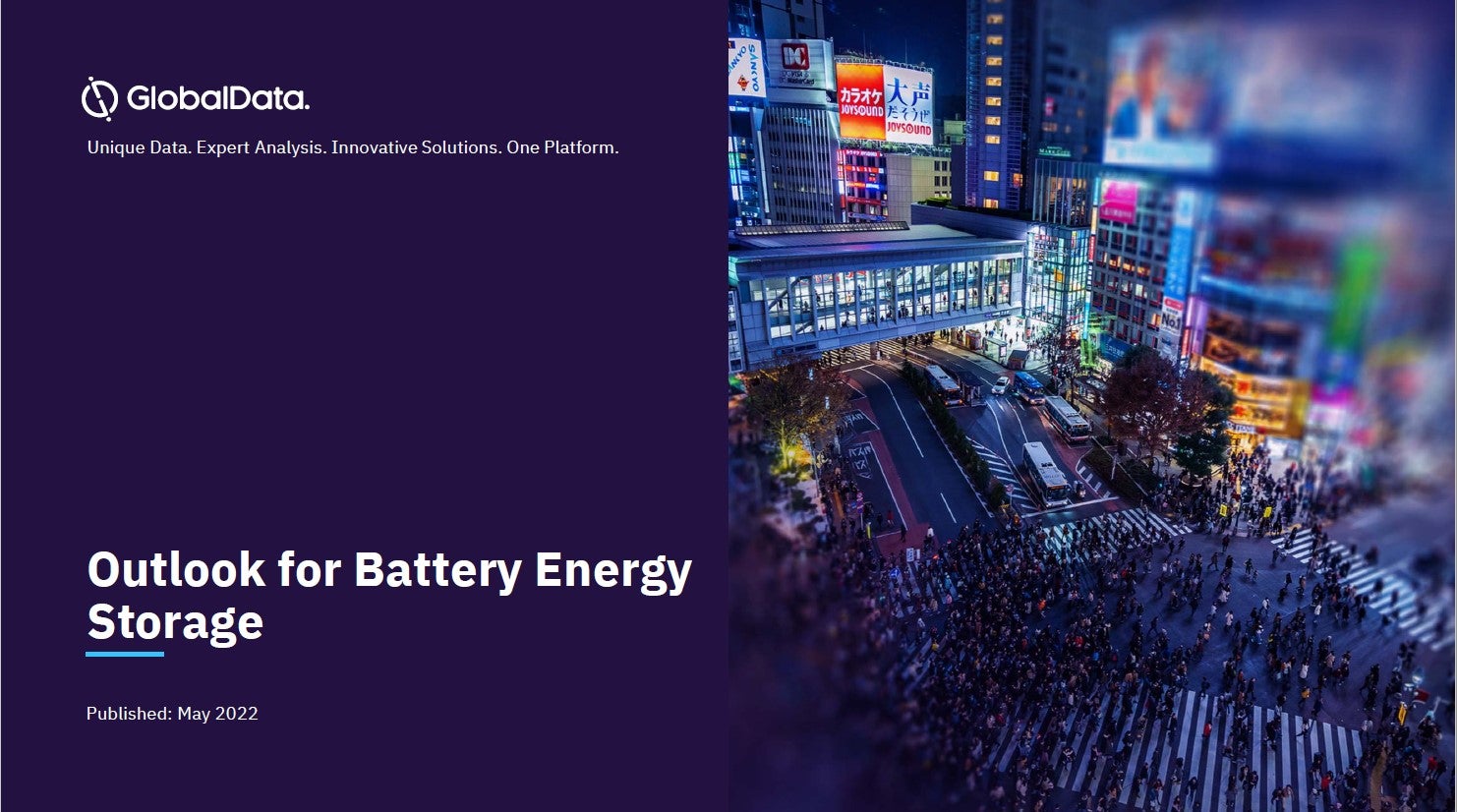The Texas Waves Energy Short Duration Battery Energy Storage Project 2 is a 9,900kW energy storage project located in Texas, US.
The electro-chemical battery energy storage project uses lithium-ion as its storage technology. The project was announced in 2017 and was commissioned in 2018.
How well do you really know your competitors?
Access the most comprehensive Company Profiles on the market, powered by GlobalData. Save hours of research. Gain competitive edge.

Thank you!
Your download email will arrive shortly
Not ready to buy yet? Download a free sample
We are confident about the unique quality of our Company Profiles. However, we want you to make the most beneficial decision for your business, so we offer a free sample that you can download by submitting the below form
By GlobalDataDescription
The Texas Waves Energy Short Duration Battery Energy Storage Project 2 is owned by E.ON Climate & Renewables North America (100%), a subsidiary of E.ON.
The key applications of the project are renewables capacity firming and renewables energy time shift.
Contractors involved
E.ON Climate & Renewables North America and Greensmith Energy Management Systems have delivered the battery energy storage project.
Additional information
Texas Waves consists of two 9.9 MW short duration energy storage projects using lithium-ion battery technology and will be an integral part of the wind farm facilities near Roscoe, Texas. Texas Waves are designed to provide ancillary services to the Electric Reliability Council of Texas (ERCOT) market and will be capable of responding to shifts in power demand more quickly, increasing system reliability and efficiency.
Methodology
All publicly-announced energy storage projects included in this analysis are drawn from GlobalData’s Power IC. The information regarding the projects are sourced through secondary information sources such as country specific power players, company news and reports, statistical organisations, regulatory body, government planning reports and their publications and is further validated through primary from various stakeholders such as power utility companies, consultants, energy associations of respective countries, government bodies and professionals from leading players in the power sector.




